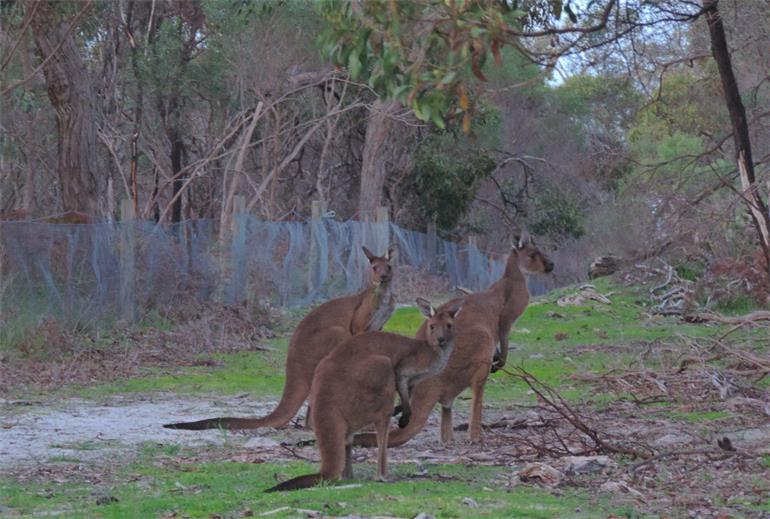'Every year around 21,000 teenagers and young adults in Australia are told their parent has cancer. The need to care for their parents often disrupts these young people’s efforts for increased social, emotional and financial independence.
Young people typically rise to the challenge, wanting to be a source of strength and support for their parents. This can make it hard for parents to recognise when their child might need help.
And for a parent, talking to children about their cancer may be the only thing more difficult than facing their own diagnosis. But open and honest communication about cancer’s impact can help everyone cope better.
:
Our yet-to-be-published research, presented at the recent Multinational Association of Supportive Care in Cancer conference, showed young people whose parents have cancer report levels of psychological distress three to six times higher than others their age.
:
...the number one unmet need reported by young people was honest information about their parent’s cancer – highlight the importance of good family communication in buffering distress during this difficult time.
Providing young people with information – including diagnosis, medical tests, treatment, side effects, likely outcomes and chances of recovery – in a family environment that fosters open communication is one way parents can support their children.
:
...guidelines will include tips such as:
- being open and honest about the cancer diagnosis and likely impact on the young person
- talking to young people in a way that is age appropriate but still using correct terminology
- balancing fact-sharing with hope for the future
- helping young people find reliable and accurate information about cancer. This might include locating support resources or helping them talk to a medical professional
- normalising emotions and sharing feelings
- encouraging young people to seek extra support from professionals or their peers when they need it
- allowing for time off from talking about cancer. Young people need time to be young people.'
Pandora Patterson, Adjunct Associate Professor, Cancer Nursing Research Unit, University of Sydney, shares how to help your children through this difficult time for them from recent research: theconversation.com/the-sys...
Neil
Photo: Last night I had the incredible experience of walking along the fence line with these three kangaroos bounding along in the scrub keeping pace with me on my right and another on my left. Eventually the one on the left jumped over the fence to join those in the photo.
